A mixed year so far for new opera. A few really dismal things have appeared from people who should know better. Did the world really need an operatic treatment of Dante’s Divine Comedy for orchestra and chorus? Louis Andriessen thought so; his La Commedia (2004–8) luckily only reared its drab head for one night at the Barbican. If you’re going to splurge as much money as opera often has to splurge, you have to ask yourself why. If you don’t, you create a situation in which operas come about merely because they can, often just to continue the tradition in the most inoffensive way possible.
‘Don’t mind me!’ says this kind of zombie opera. ‘I’m just trying to be as comfortingly familiar as I can be without it being too obvious that I’m bereft of ambition, originality or life.’ Joining the living dead is a strange aim for an artist. But it seems to be the aim nonetheless of several composers, including Stuart MacRae.
His opera The Devil Inside (2016) alights on a moral conundrum you might have come across before — perhaps in a school play. Two scruffy Scots chance upon an imp in a bottle who will grant them anything they desire. ‘Fame and fortune, please.’ Cut to a New York apartment and the scruffs are now suited and booted and flashing the cash. The imp’s not done, though; there are terms and conditions — the kind that could sustain a whole series of Money Box. Prosperity comes, but at a price.
Leaving aside gripes with the moral thrust (why exactly is it so dreadful to want money and success, and why — beyond bitterness — does art always feel the need to wag its finger at such striving?), we barely left am-dram in terms of narrative sophistication. The music was plausible. Music Theatre Wales’s staging harmless. Awards usually await this sort of milky pap.
At least MacRae wasn’t pretending to do anything new. Book of Disquiet’s (2009) claim to originality — a ‘cutting-edge integration of music, live action and video’ — made it harder to forgive. The video included a woman in a red dress singing alongside a bull in a field. The ‘live action’ involved Samuel West as an author, furiously writing away in every position imaginable (standing, sitting, leaning, lying) until he was out of breath. (Exactly how writing works, Sam, spot on.) Michel van der Aa’s music, meanwhile, felt as though it had been faxed in from 1991.
What’s the opposite of a Gesamtkunstwerk? A total non-work of art? It comes close to this. Far better to be uninteresting in one medium than four simultaneously.
So thank god for Philip Glass. I didn’t think I’d ever say that. But Akhnaten, his 32-year-old opera about ancient Egypt, is minty fresh, the sense of otherworldliness palpable (helped by the text being mostly sung in Egyptian). At the same time the work taps into the oldest of operatic traditions. Ritual is its motor, as it is in so many operas. What makes it so much more enjoyable than Glass’s previous ritualistic epic, Satyagraha, is its lack of didacticism.
Ritual is also all that’s readily available to us of the ancient Egyptians. Fat chance of us resurrecting their interior lives. But we can at least attempt to reimagine the political ur-events hinted at in the hieroglyphs. One of the most intriguing is the reign of Akhnaten, who is thought to have invented monotheism.
Elegantly, mesmerically, we journey through the fundamentals of state formation, from the ceremonial robing of Akhnaten (Anthony Roth Costanzo — clearly chosen less for his voice and more for his willingness to sing in the buff) to the establishment of a body politic to dethronement and the flight into myth.
Phelim McDermott is not quite as good a director as ENO clearly thinks he is. There needs to be 75 per cent less juggling for a start. But his production isn’t bad. And there are some ravishing moments when the stage clears, mostly filched from Robert Wilson’s Einstein on the Beach. In fact I wish McDermott had studied Wilson’s work a little more closely; it might have helped him fashion the ritualistic movement better. The chorus looked surly. Were they on strike already? Best book for when they are.
Thank god, too, for deranged music collectives like Bastard Assignments, without whom I wouldn’t have witnessed Swedish composer Kajsa Magnarsson make love to an electric guitar with a strap-on in a south London basement. It is here, away from the rigidities of the opera house, often in art galleries, where the collision of disciplines (which is what opera should be about) is at its wildest. In DRAF gallery’s Camden attic, for example, the godfather of British performance art Stuart Brisley delivered what can only be described as an apocalyptic version of Changing Rooms, a four-day mash-up of free improv and bad DIY.
Best of all, however, was Corpse (2016), from the composer collective ARCO, a lively requiem for the white male canon, performed with a room full of 19th-century white males looking on at the National Portrait Gallery. Death swirls around its two short, carefully chaotic acts, a hooded demon doubling as a stage hand. The performance clichés of the past are ingested and burped up in a series of giff-like emissions. Classical music is dead, the work declares, long live classical music!
Got something to add? Join the discussion and comment below.
Get 10 issues for just $10
Subscribe to The Spectator Australia today for the next 10 magazine issues, plus full online access, for just $10.


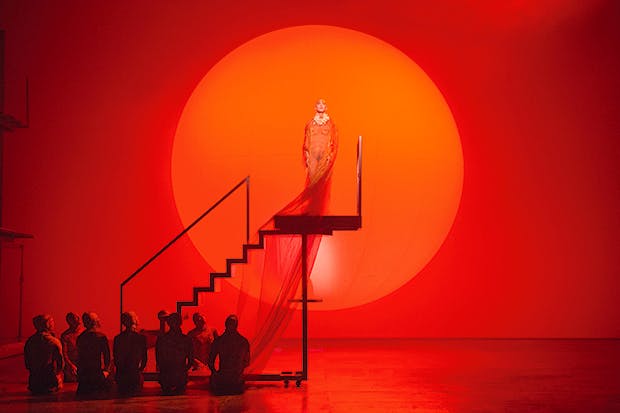
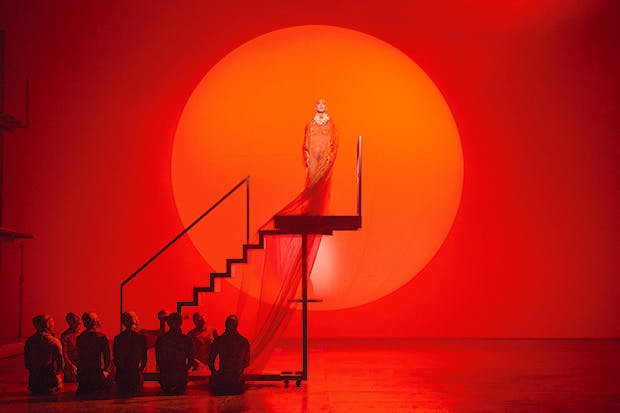

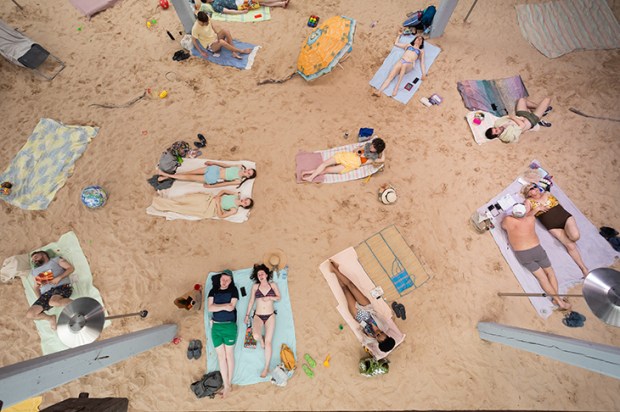
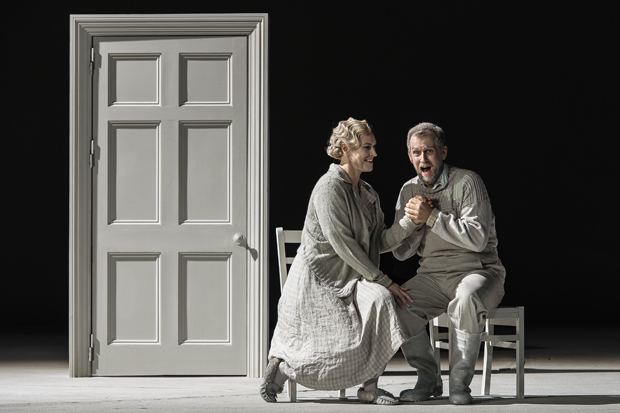
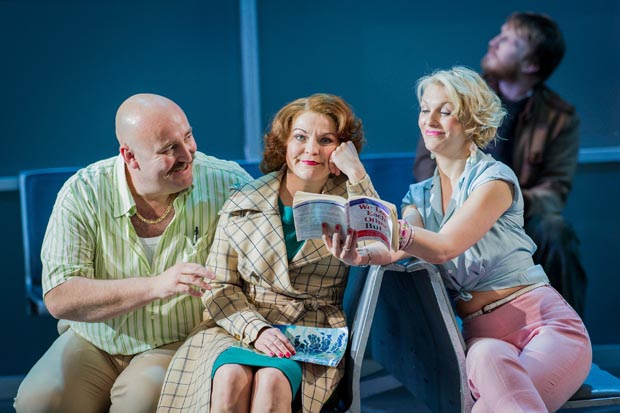
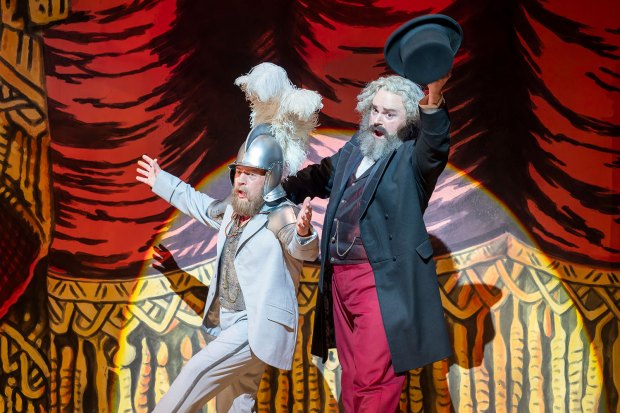






Comments
Don't miss out
Join the conversation with other Spectator Australia readers. Subscribe to leave a comment.
SUBSCRIBEAlready a subscriber? Log in